6 Tips To Help You Become an Excellent Photography Assistant
Some of today’s established professional photographers started out as assistants or apprentices. They received hands-on training and education by being the photographers’ right hand men. Many prefer to do things this way because the experiences are more comprehensive. Of course, as in other professional fields, there is no better training than going out and actually working with the masters.
While many think that a photographer’s assistant’s job is easy, it entails a lot of hard work, especially since the first one you need to impress is your photographer-boss. So, even if you’ve proven yourself to be really helpful time and again, it is important to find ways to be better at what you do if your aim is to leave a good impression and eventually become a professional photographer someday.
So, how can this be done? It won’t be as simple as carrying the photographer’s lights or bag. Here are 6 tips and tricks you can follow to guide you along the way.
Tips and Tricks
There are several things you need to do before, during and after the shoot if you want to continuously improve your skills as a photographer’s assistant. It is not enough that you know when to set up the lights or whether the electrical outlets at the location are working. There are other relevant things you need to consider.
1. Before the Shoot, Study & Discuss Details
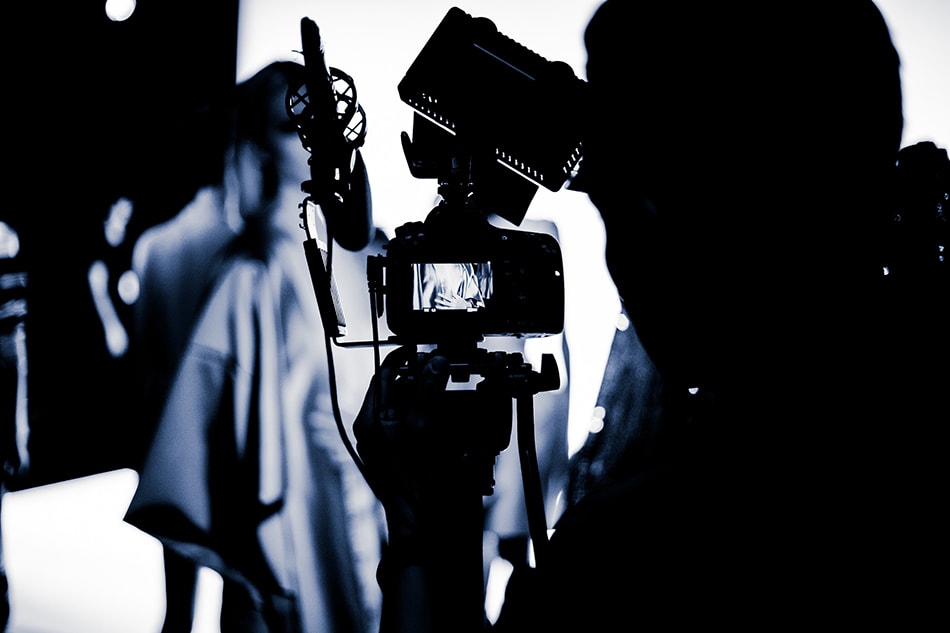
It is not enough that you know when and where the shoot will take place, or what the theme is. You need to know all the relevant details about it by discussing the project with the photographer. Do not hesitate to approach and ask; professional photographers like assistants who are eager to learn.
Some things you need to learn ahead of time (aside from the ones previously mentioned) include the purpose of the shoot, the style, and the backdrops that might be used, among others. If you really want to leave a good impression on your boss, go to the location and check it out at least one or two days ahead of the scheduled shoot. This will give you time to study it. Don’t forget to take down some notes that you can show to the photographer.
2. Learn To Prepare Early
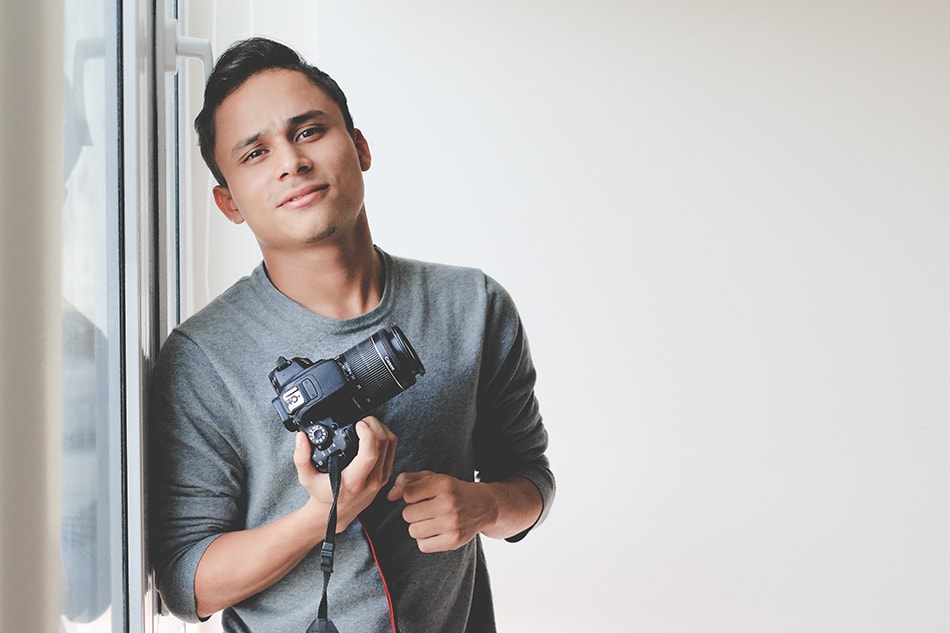
Don’t wait for tomorrow to prepare all the shoot requirements. Do it one, two, or even three days before the actual shoot. By doing this, you are giving yourself more time to work on the minute details that are often taken for granted if preparations are done haphazardly. If you’ve been doing this already, keep it up, and your photographer-boss will not only acknowledge but also commend the good work you are doing.
3. Punctuality Is A Plus
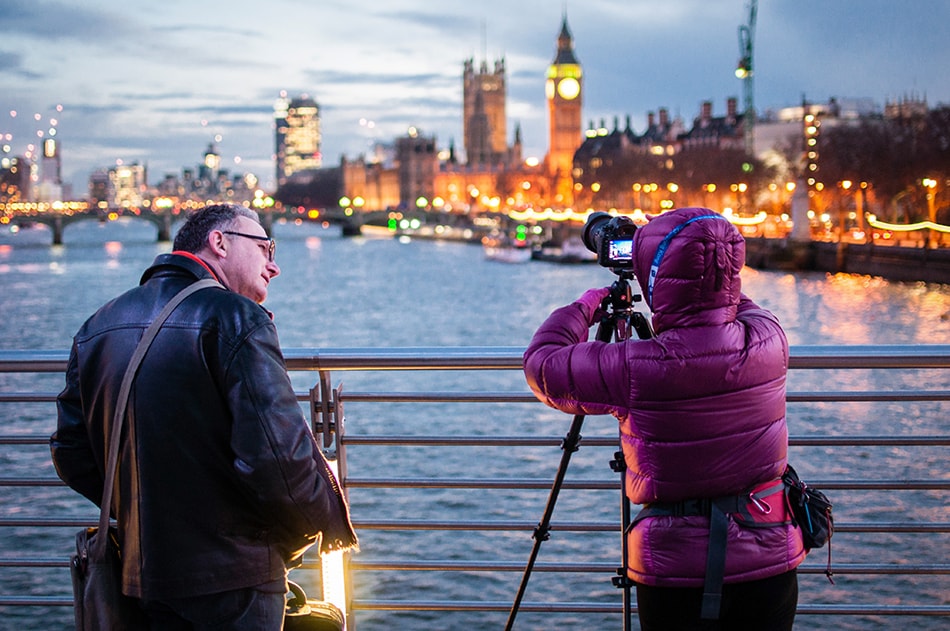
If you’ve been working as a photographer’s assistant or apprentice for some time now, you know how valuable a photographer’s time is. As such, it is important for you to value time as well. If you’ve been late in the past – even for just a few minutes – correct this right away. You are the assistant. The photographer counts on you to be at the location or studio first. So be there as early as you can. Remember, early is on time, and on time is late.
4. Study Constantly And Improve Your Knowledge
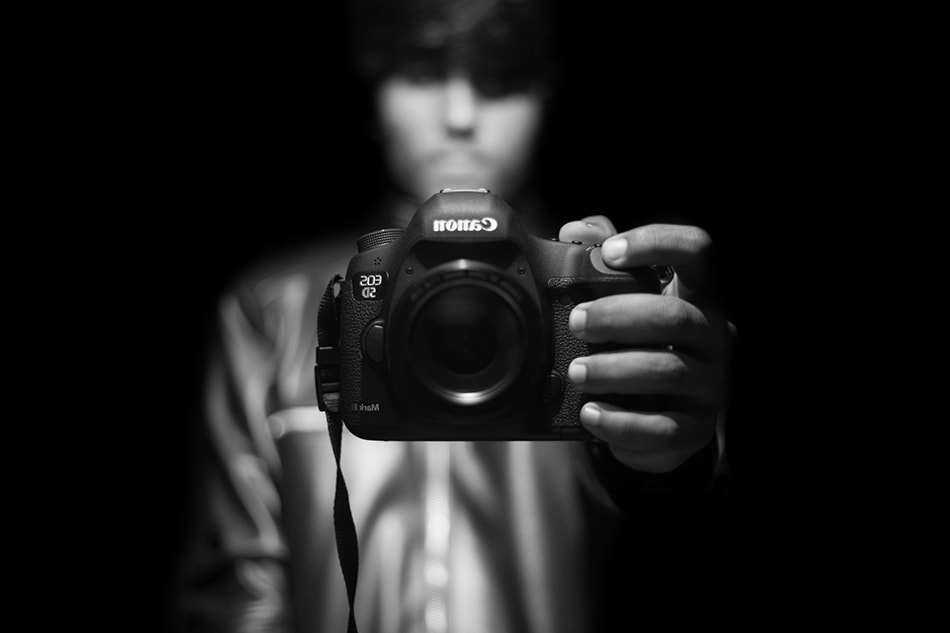
No, you don’t have to go back to school for this. All you need to do is continually study the photographer’s gear until you are too familiar with them already. Don’t limit yourself to just one camera brand or type, for example. Learn how to use Canon cameras, and Nikon, and Sony, or a mirrorless camera.
Learn everything that you can about the lenses the photographer uses. Learn how to shoot with and without a tripod. Familiarize yourself with all the gear used in every shoot, including how they are packed and carried. Don’t pretend that you know what you are doing or you know what this or that gear is for. The best solution to this is to study and learn all of the photographer’s gears. The more familiar you become with them, the better.
While experience is the best teacher, it is also important for a photographer’s assistant to be open to different avenues of learning. Find time to learn more about the photography industry and about photography in general. Join workshops, participate in photo walks, read photography books and magazines, go to photo exhibits, and join photography clubs. Once your photographer-boss finds out how interested you are in learning about the industry, he may even volunteer to give you tips and train you (outside of what he already does while you are on location). Again, an eager learner never fails to impress professional photographers.
5. Always Find Time To Ask For Feedback (and act on it)
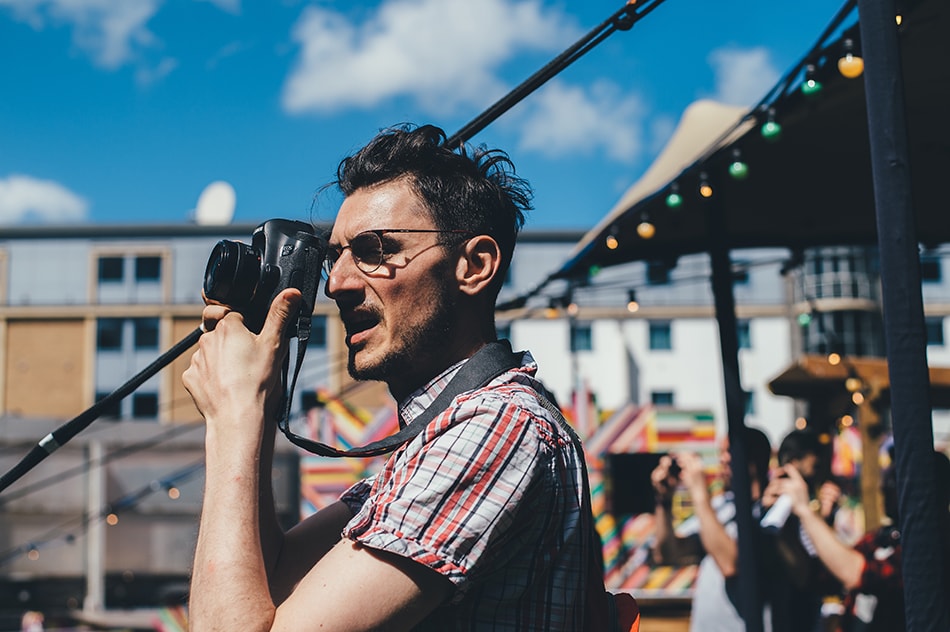
Do not hesitate to ask for feedback from the photographer. This is the best way to learn how you can be better at your job. Communicate with the photographer in whatever way suits you both – one-on-one over coffee or tea, via email or through weekly meetings. It will also help if you fish for feedback (or suggestions) from other members of the photographer’s staff. They may be able to give you insights on how you are doing with your job so far.
Regularly communicating with your photographer-boss will also give you the chance to voice out some suggestions you may have been keeping for some time now.
6. Practice And Apply What You’ve Learned
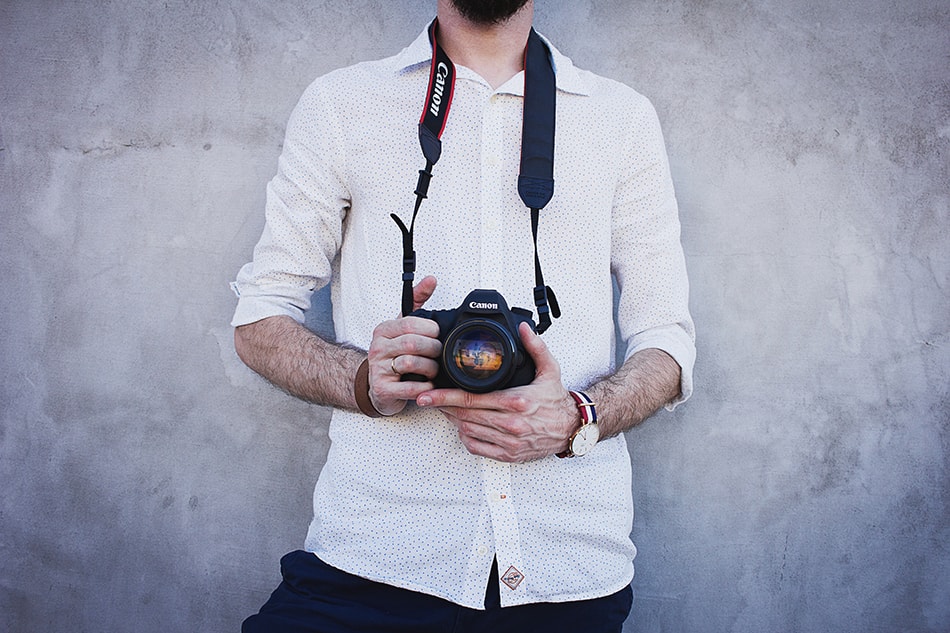
Practice makes perfect. So, of course, you need to keep practicing. A note of caution, though; never ever use an actual shoot for your practice because this is totally unprofessional and shows disrespect towards the photographer. Instead, use your free time and find a place to practice.
Anyone who knows how to take photos and anyone who understands photography can be an assistant or apprentice. But if you want to fast track your career or go a step higher, you need to be willing to work a little harder. You need to keep giving your best and continue learning. You need to love what you are doing and learn the value of respect.
